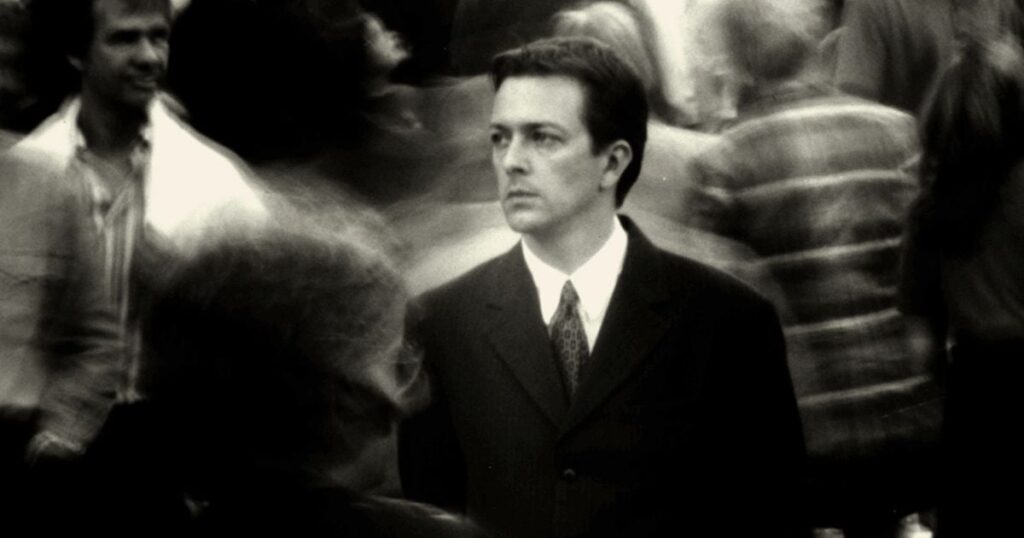Christopher Nolan, a name that resonates with cinematic innovation, has become a beacon for actors seeking roles that challenge and transcend traditional storytelling. From his directorial debut to his epic war dramas, Nolan has crafted a filmography that actors are drawn to, not just for the prestige but for the unique experience of being directed by a master storyteller. In this exploration, we delve into each of his films and uncover why actors cherish the opportunity to step into Nolan’s meticulously crafted worlds.
Debuting with Distinction in Following
Christopher Nolan’s first feature, Following (1998), already showcased his multifaceted talent as he took on the roles of writer, editor, cinematographer, and producer. His hands-on approach set the stage for a career where his control over the creative process would become a hallmark. Apart from directing Following, Nolan served as writer, editor, cinematographer and producer. His control over the entire creative process was already evident in his first feature,
which undoubtedly shaped how actors responded to his direction right from the start.
Navigating Nonlinear Narratives in Memento
In Memento (2000), Nolan’s innovative narrative structure challenged actors to deliver performances that were both compelling and coherent within a story told in reverse. Memento dazzled,
with its noir thriller vibes reminiscent of classic cinema yet delivered with a fresh twist that impacted actors’ performances and their perception of Nolan’s visionary direction.
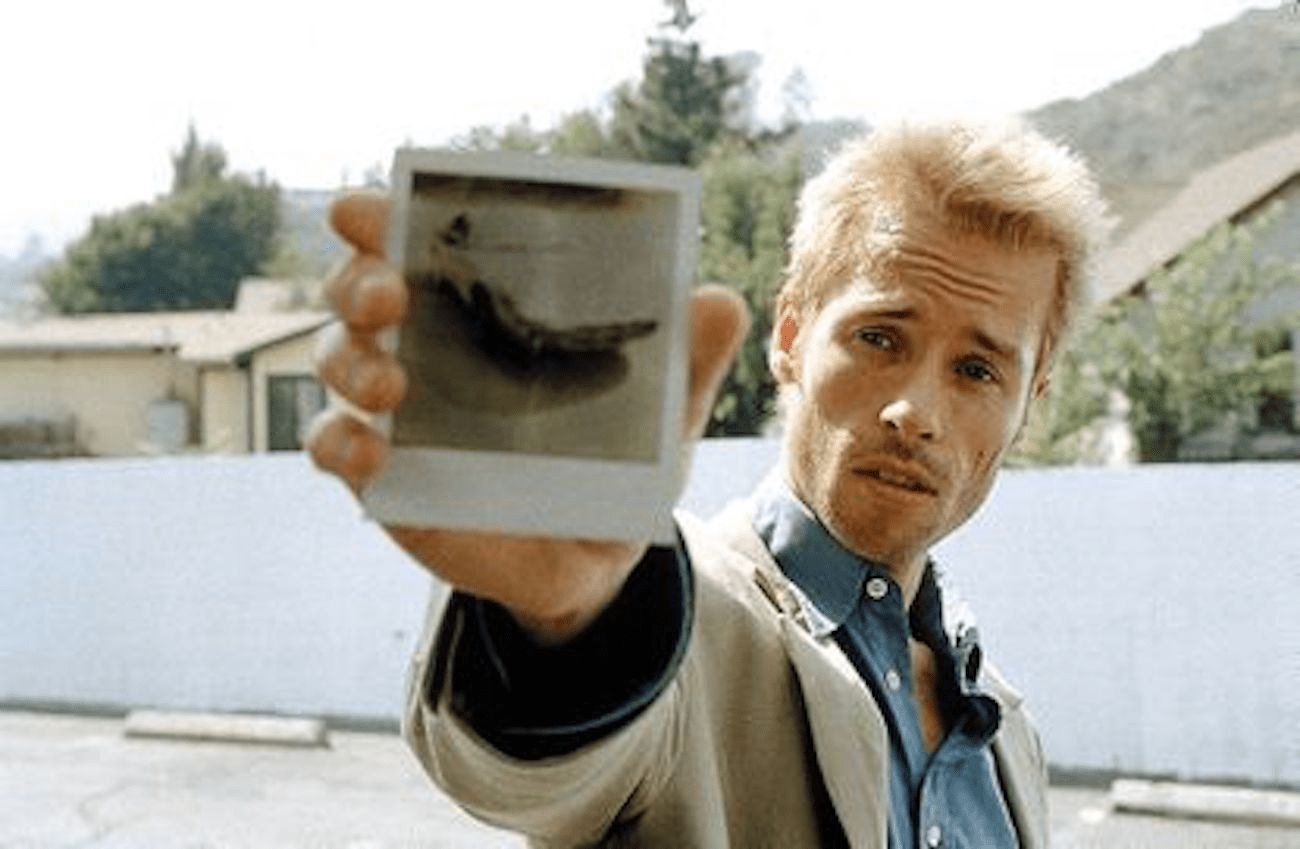

Insomnia Brings Unexpected Depths
The experiences of actors like Al Pacino and Robin Williams working with Nolan on Insomnia (2002) were profound. Williams delivered a performance that was both extraordinarily surprising
and frighteningly realistic under Nolan’s guidance. This psychological thriller offered the cast an opportunity to explore complex characters deeply affected by their environment and internal struggles.
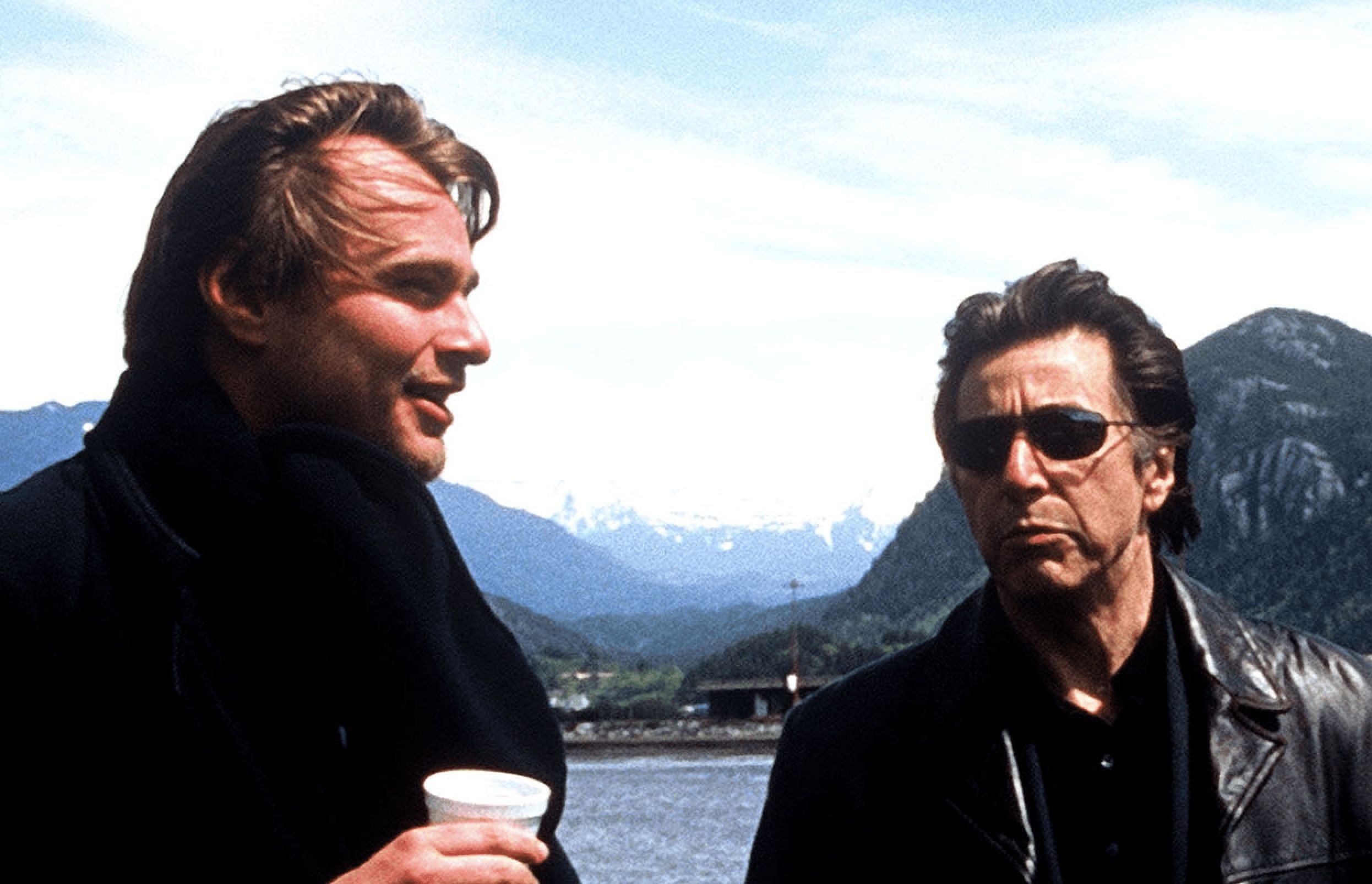

Batman Begins Marks a New Era
The vision Christopher Nolan brought to Batman Begins (2005) resonated deeply with actors. He reinvented the beloved character of Batman, giving him an origin story grounded in realism. This approach allowed actors like Christian Bale to delve into a more nuanced portrayal of their characters, and it began a trilogy that would redefine superhero cinema.
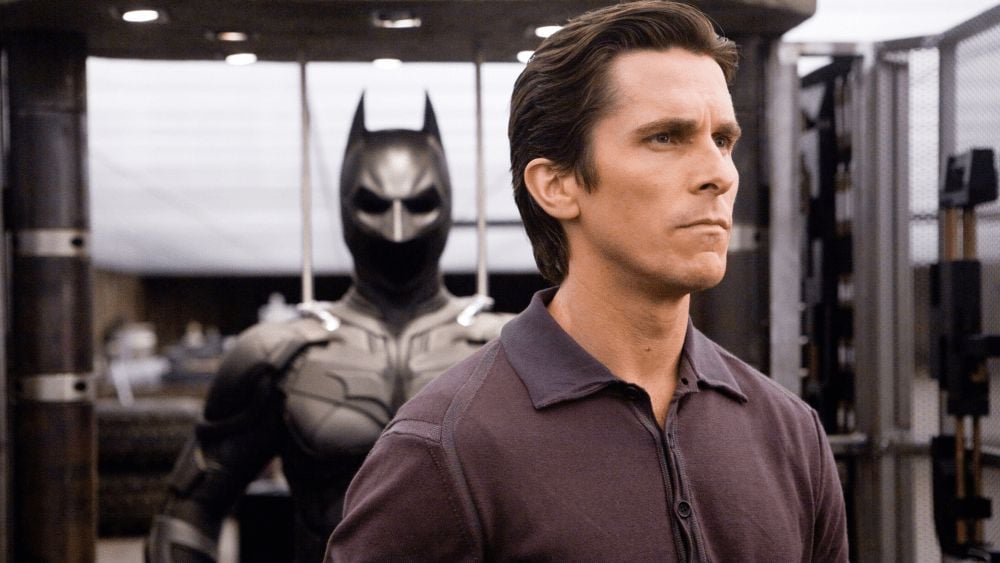

The Prestige A Magic Act in Filmmaking
The complex storytelling of The Prestige (2006) required actors to navigate through an intricate plot filled with twists and visual sensations. The film’s theme captures the art of illusion, with performances that had to be carefully crafted to match the film’s puzzlelike structure. Actors like Christian Bale savored the challenge, delivering performances that became even more appreciable upon understanding the full scope of their characters’ arcs.
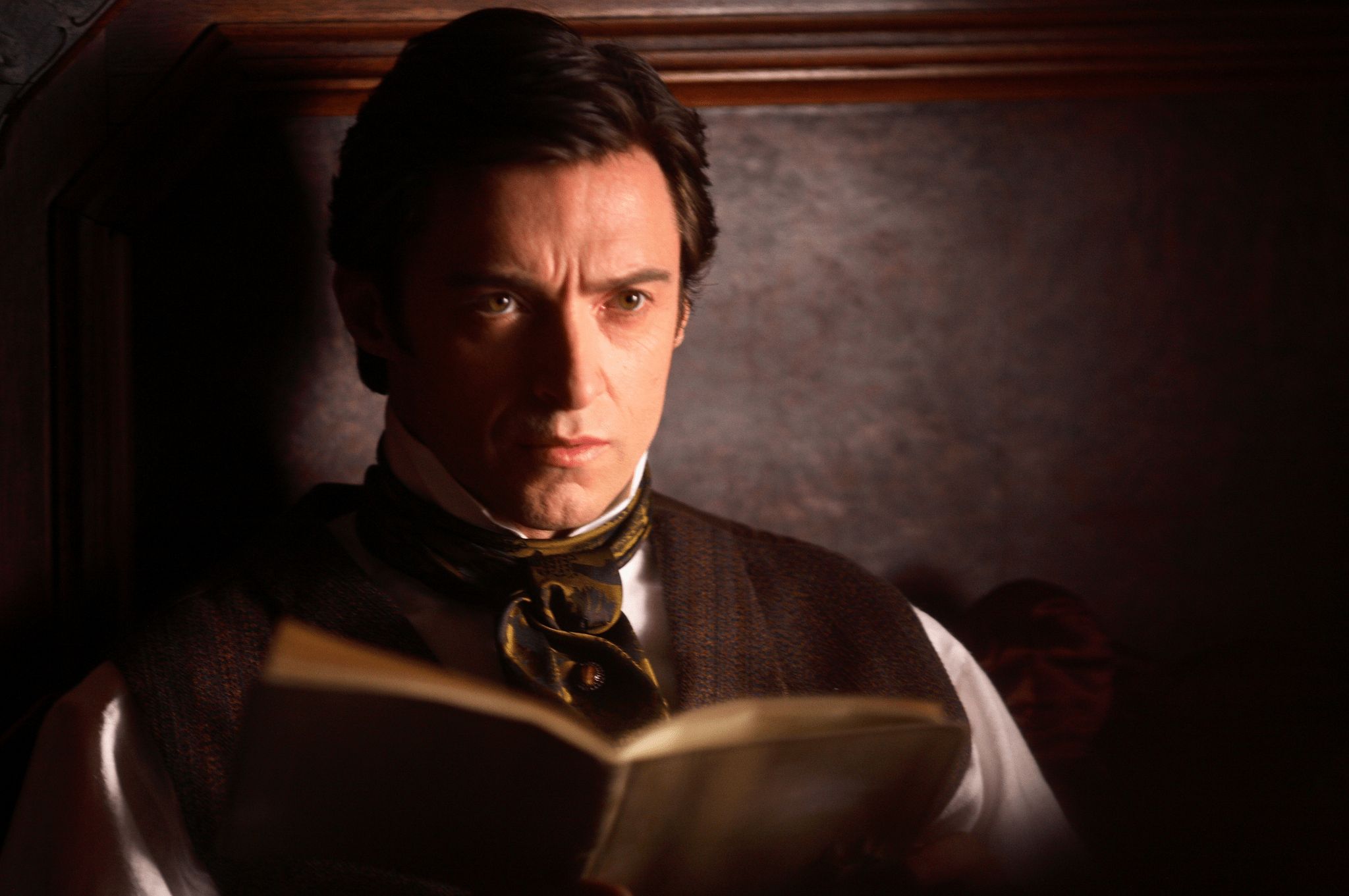

The Dark Knight A Defining Moment
The Dark Knight (2008) was not just a game-changer for superhero films; it was transformative for its cast. Heath Ledger’s iconic portrayal of the Joker is often highlighted, but it’s clear that Nolan’s direction had a broader impact on all involved. The introduction of chaos as a narrative element offered the actors a chance to explore new depths in their characters.
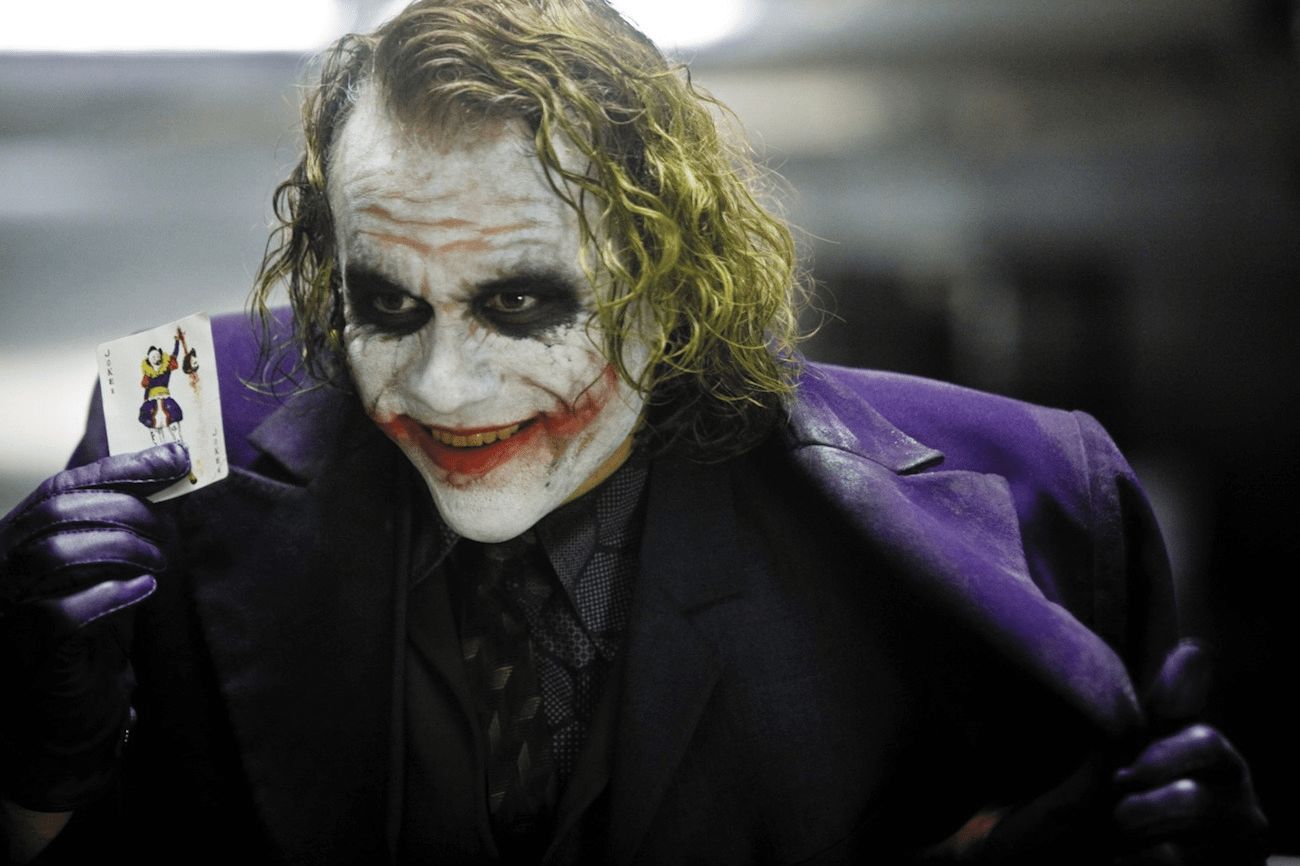

Inception The Dream Weavers
Inception (2010) presented its cast with both challenges and rewards as they navigated through Nolan’s mind-bending narrative. The script was lauded as a masterclass in storytelling, demanding precision from every line delivered by actors like Leonardo DiCaprio. This level of meticulousness is indicative of Nolan’s leadership and vision which actors deeply respect.
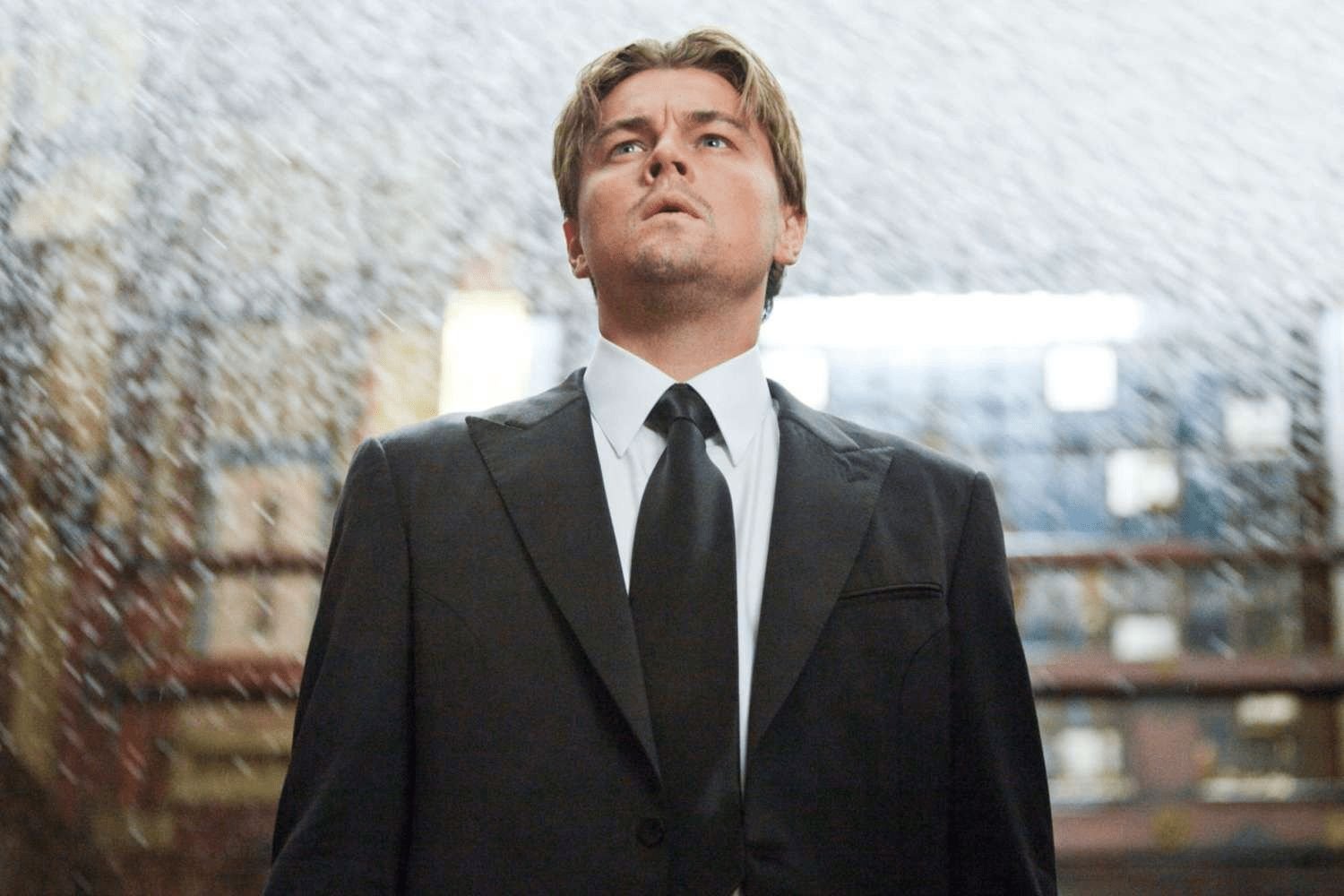

Culmination of an Epic Trilogy
The Dark Knight Rises (2012) marked the culmination of Nolan’s Batman trilogy. Actors like Tom Hardy brought significant physicality to their roles, facing off against Batman not just as villains but as formidable psychological adversaries as well. This film solidified the growth experienced by returning actors who had been part of this epic journey since Batman Begins.
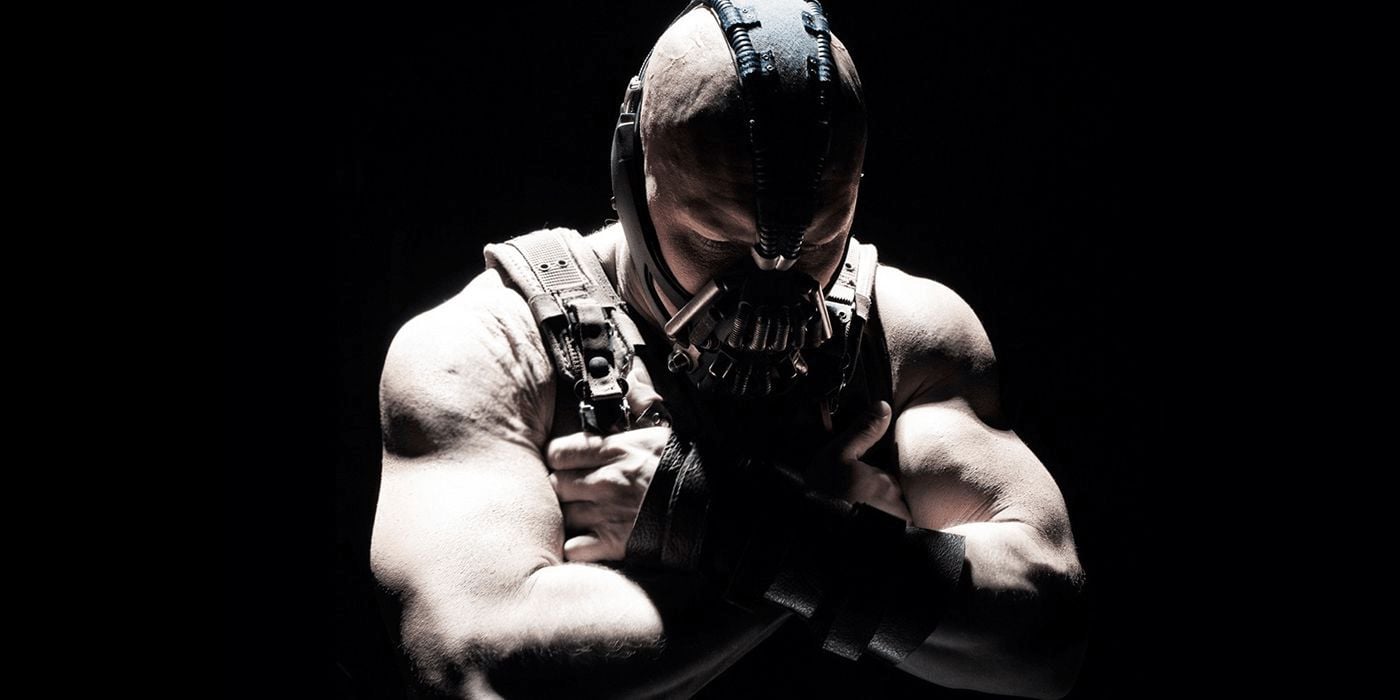

Interstellar A Journey Beyond Stars
The epic scope of Interstellar (2014) influenced its cast profoundly, as they embarked on a cinematic journey akin to those seen in iconic science fiction films. Actors like Matthew McConaughey were tasked with conveying the vast emotional spectrum required by a story that explored complex themes such as love, time, and our place in the universe.
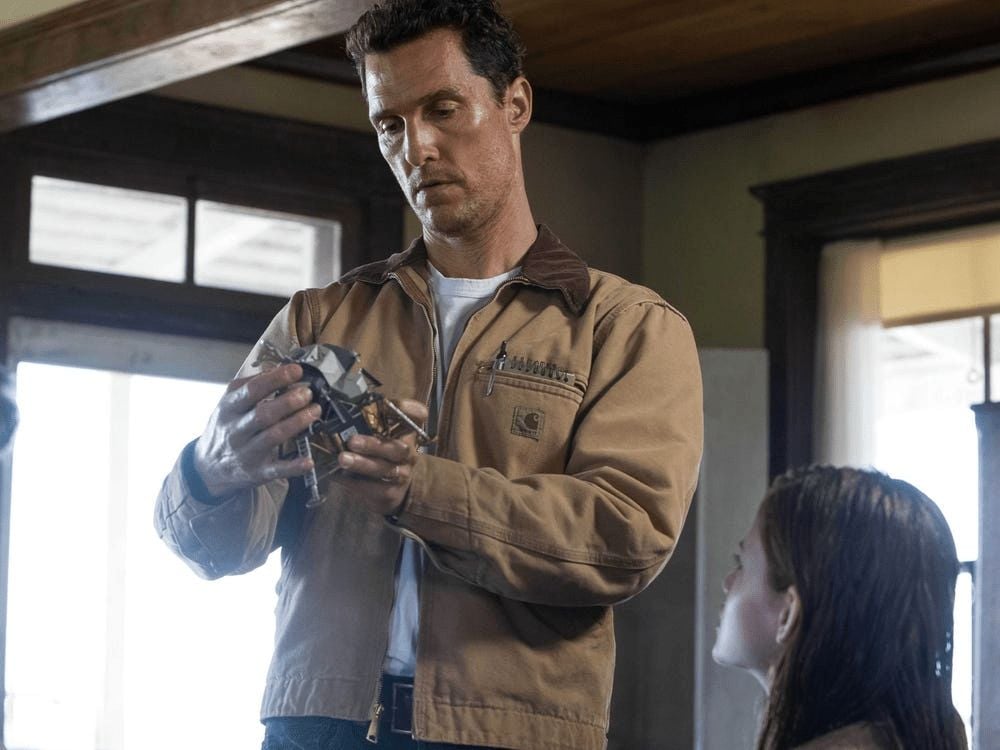

Dunkirk Realism on Screen
Dunkirk (2017) brought historical significance to Nolan’s filmography with its realistic portrayal of wartime events. Actors were immersed in an environment where every breath counted, reflecting on the intensity and respect required to bring such real-life stories to the screen accurately.
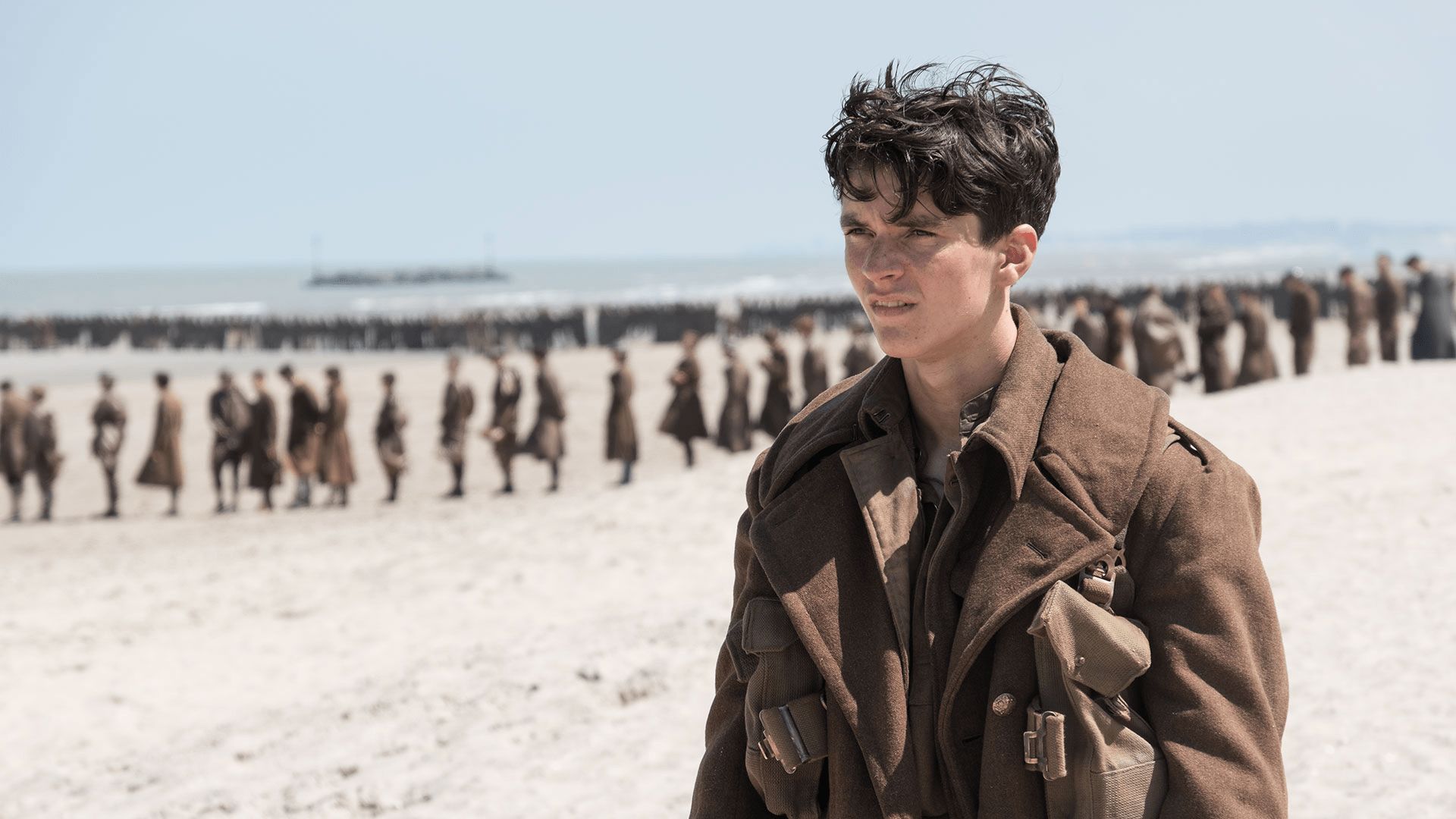

In conclusion, Christopher Nolan has created a legacy where actors find not only challenging roles but also an opportunity to be part of cinema that pushes boundaries. His unique directorial style has left an indelible mark on their careers and continues to attract top talent eager to work under his guidance. As we look forward to his future projects like Oppenheimer, it’s clear that Nolan’s relationship with his actors is built on mutual respect and a shared passion for storytelling at its most profound.

